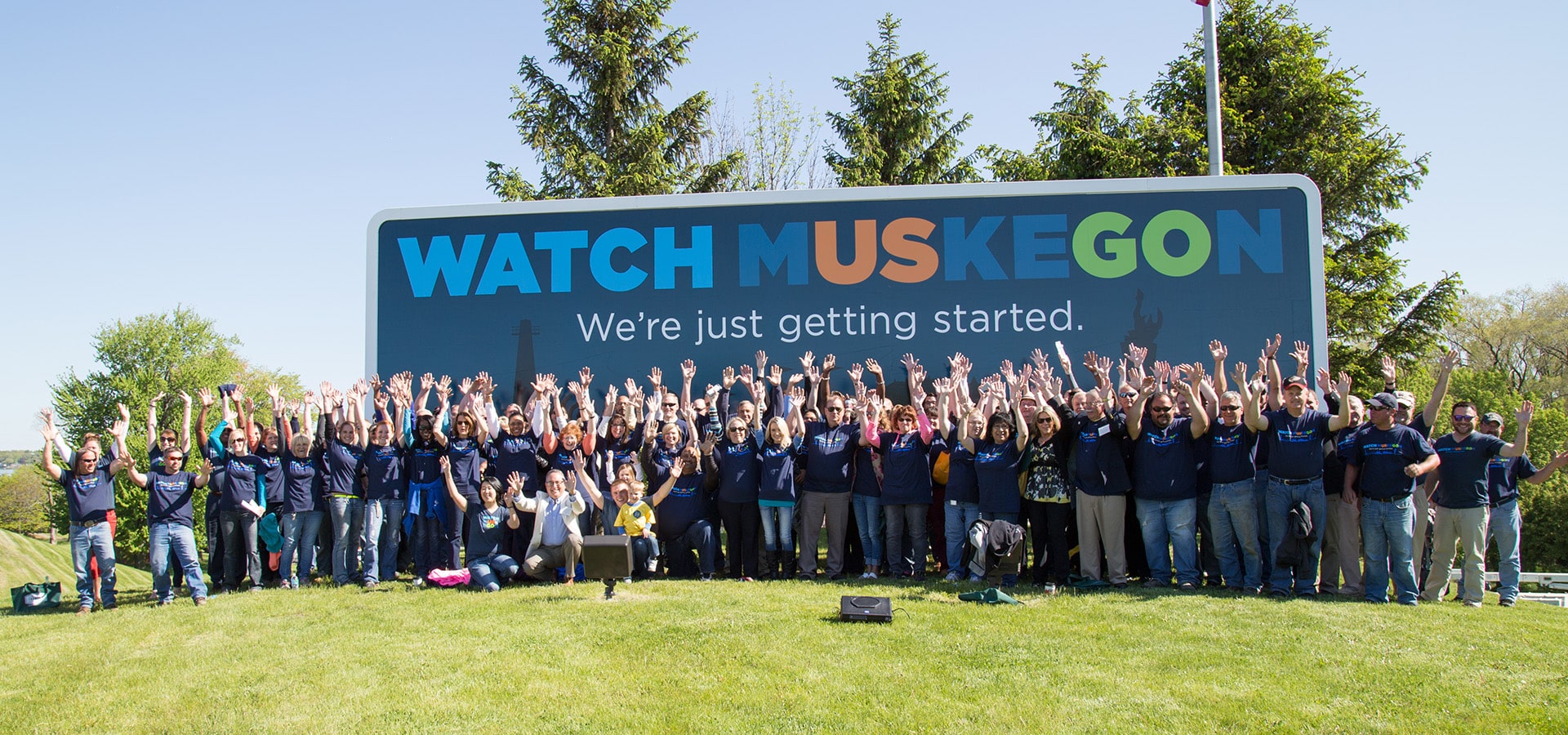Setting SMART goals has been a thing for a while now, but just to remind you, this acronym has a few variations, but typically stands for:
Specific
This is, well, the opposite of broad. It means to clearly and specifically state what your goal is, aided by asking yourself the infamous five W’s: why it’s important, who’s involved, where it will happen, when it will happen, and what exactly is going to happen, anyway?
Measurable
The only real way of knowing you’re on your way to accomplishing your goal is to actually measure your progress. This is where analytics come in handy! Yep, this amazing data-gathering technology can compile everything you need to know in order to measure if the criteria of your goal is being met, and ensure you ultimately achieve it.
Attainable
If it’s the week before Spring Break, do you really think it’s plausible to lose 20 pounds before donning that bathing suit of yours? We hate to tell you, but it’s probably not going to happen. In fact, it’s pretty much impossible. A more realistic goal would be to lose those pounds in, say, 9 months – now that’s attainable.
Relevant
This one’s easy: make sure your goal matters and provides a benefit upon achieving it.
Timely
Without a due date, most goals are doomed to failure before they barely get off the ground. If you don’t define a timeframe for your goal, guess what? It’s far less likely to ever be accomplished. You know that junk drawer you’ve been meaning to clean out? Yeah, you get the picture.
Okay, now that we’ve gone through a SMART goal refresher, here’s the bad news — this is NOT a set it and forget it process. Things change, priorities can vary over time, new goals may pop up and old ones may not seem as relevant anymore. Kind of like Dr. Evil demanding the sum of one million dollars much to the amusement of those knowledgeable about exponential growth. Or, consider the guy you had wanted to ask you out who’s now living in his parent’s basement.
Sometimes it’s not even the fact that you no longer want the same thing, but rather you’ve already achieved it. Are you done, or would you like to reach even higher? The point is, not re-evaluating and adjusting your SMART goals (or making new ones) on a regular (say, annual) basis is just plain not smart. You will fall short of the things you truly need or want to accomplish if you stay on a path that no longer can get you there, has already gotten you there, or is going in a completely different direction!
Again, taking advantage of analytics can really help you out here. Data collected can uncover new opportunities, provide valuable insights, perhaps even reveal that your goal is not as attainable as you thought — go ahead and adjust it. It’s not only okay, it’s smart.
To find out more about setting (and adjusting) SMART goals or to learn other smart stuff from your friends at Revel, give us a call at 231-727-9778. And hey, why not download this free Ebook while you’re at it?










